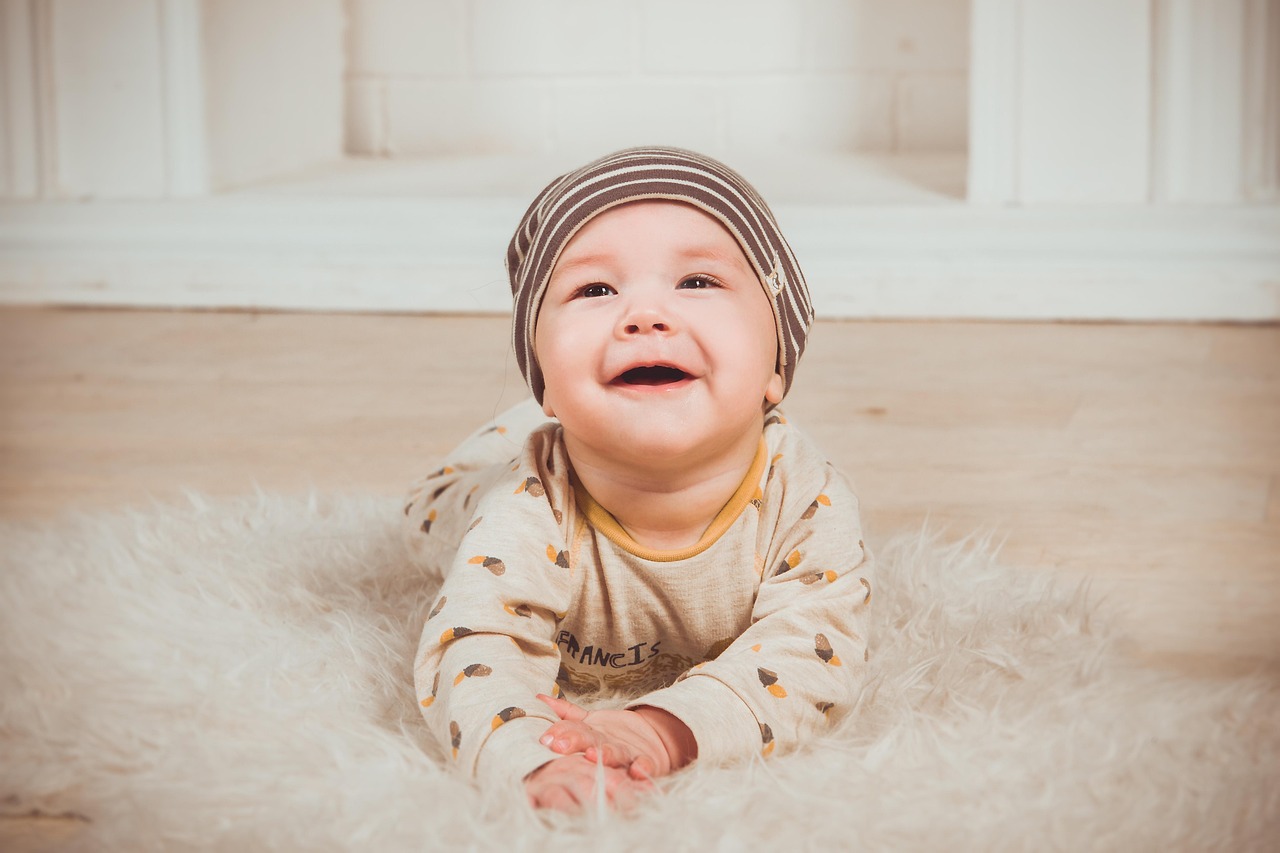The first few years of a child’s life are a period of rapid growth and learning. Between birth and age three, children reach significant developmental milestones—learning to walk, talk, form emotional bonds, and develop a sense of independence. These early experiences shape their confidence, social skills, and approach to new challenges, laying the foundation for lifelong learning.
Learning Through Experience
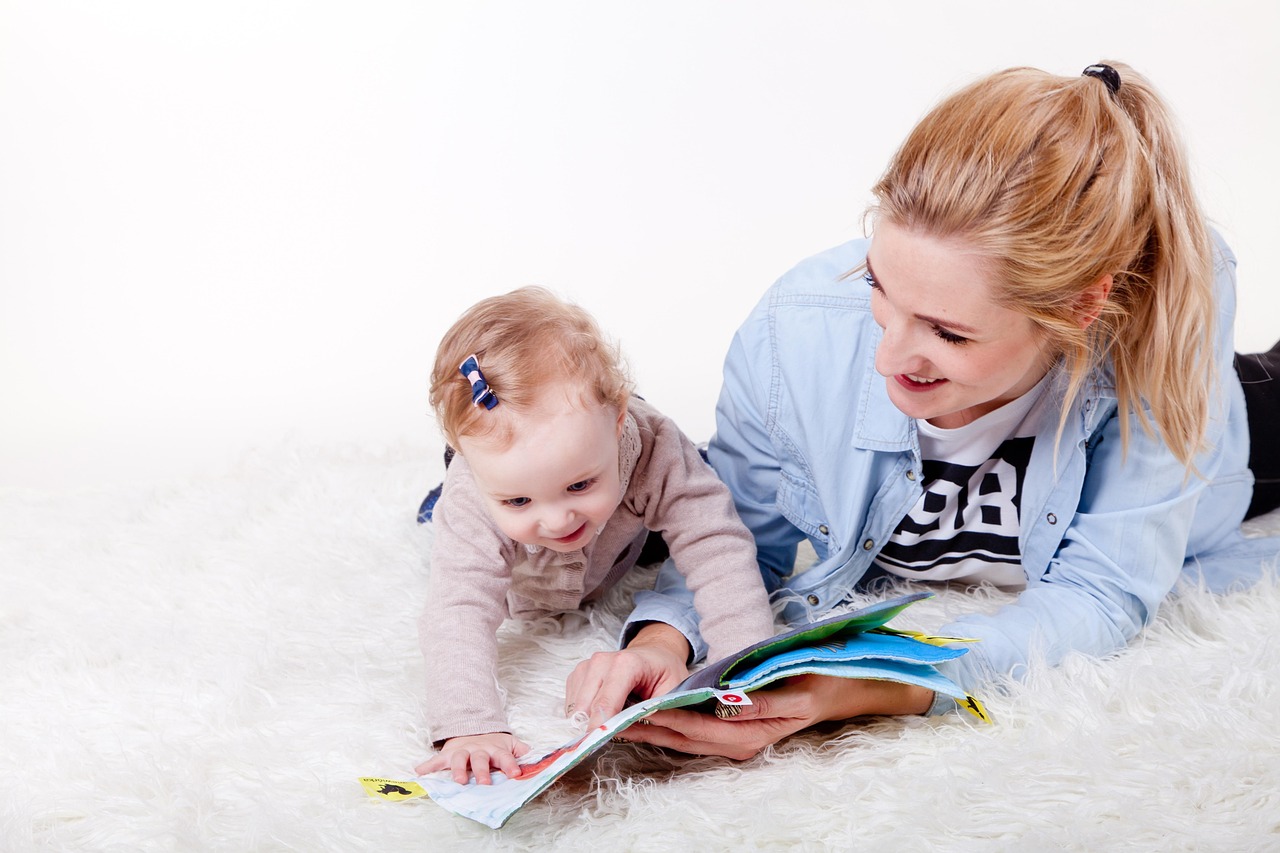
From birth, babies learn by interacting with the world around them. They respond to touch, sound, and movement, forming strong attachments with their caregivers. These early bonds create a sense of security, helping children navigate separation anxiety and build trust in others as they grow.
A child’s experiences at home shape their approach to learning. The more opportunities they have to explore and engage with their surroundings, the better prepared they’ll be for preschool and social interactions outside the home. Independence develops naturally when children are encouraged to try new things, make mistakes, and learn from them.
Creating an Environment for Learning
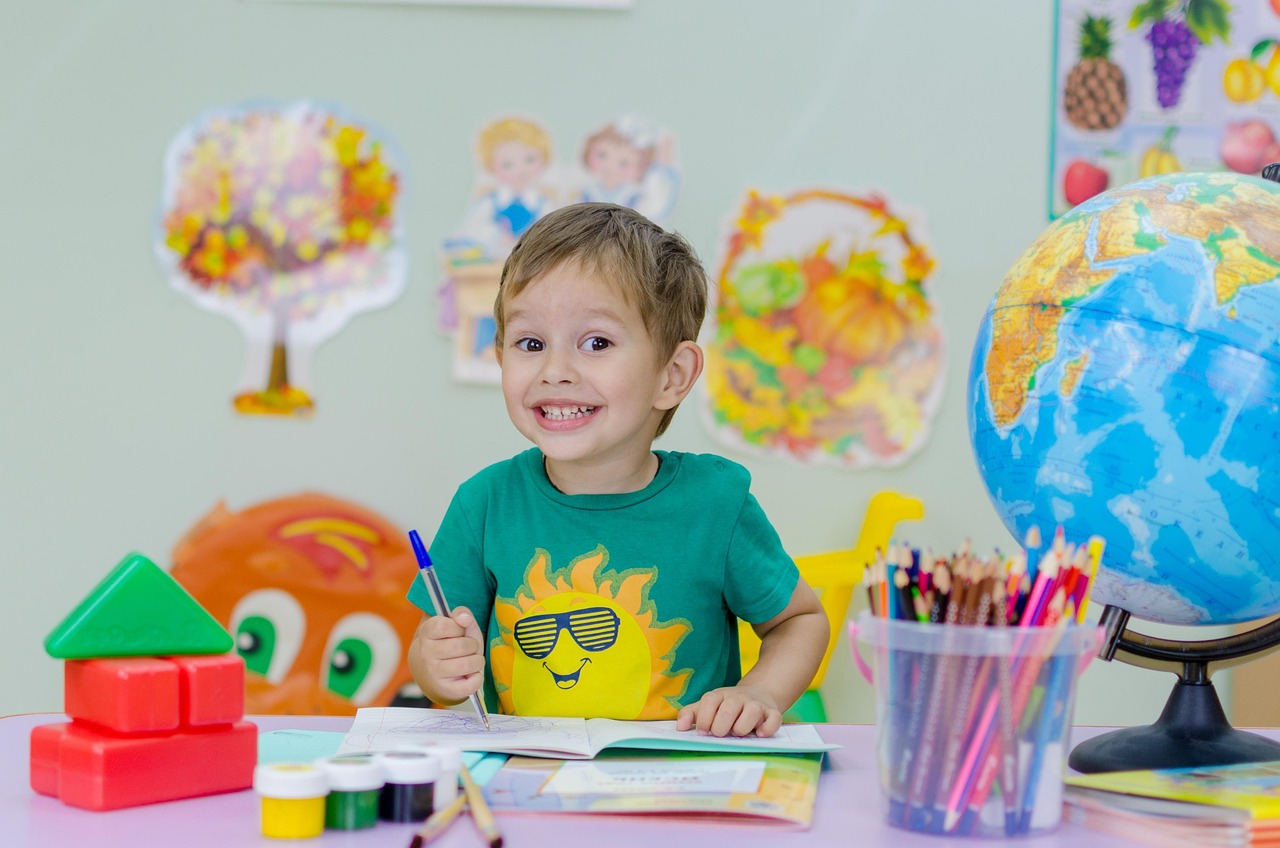
Infants are naturally curious and drawn to new sights, sounds, and textures. Providing a safe, stimulating environment encourages exploration and skill development. Consider the following ways to support early learning:
- Encourage movement – Allow babies to crawl, reach, and grasp objects to develop coordination and strength.
- Offer hands-on experiences – Let them build, stack, and knock down objects to refine motor skills.
- Promote self-feeding – Allowing toddlers to feed themselves, even if it gets messy, builds independence and fine motor skills.
- Support problem-solving – Simple activities like fitting shapes into slots or opening and closing containers help develop cognitive abilities.
Physical development is closely linked to cognitive growth, language skills, and emotional confidence. Every experience contributes to a child’s ability to communicate, think critically, and interact with the world.
Helping Language Grow
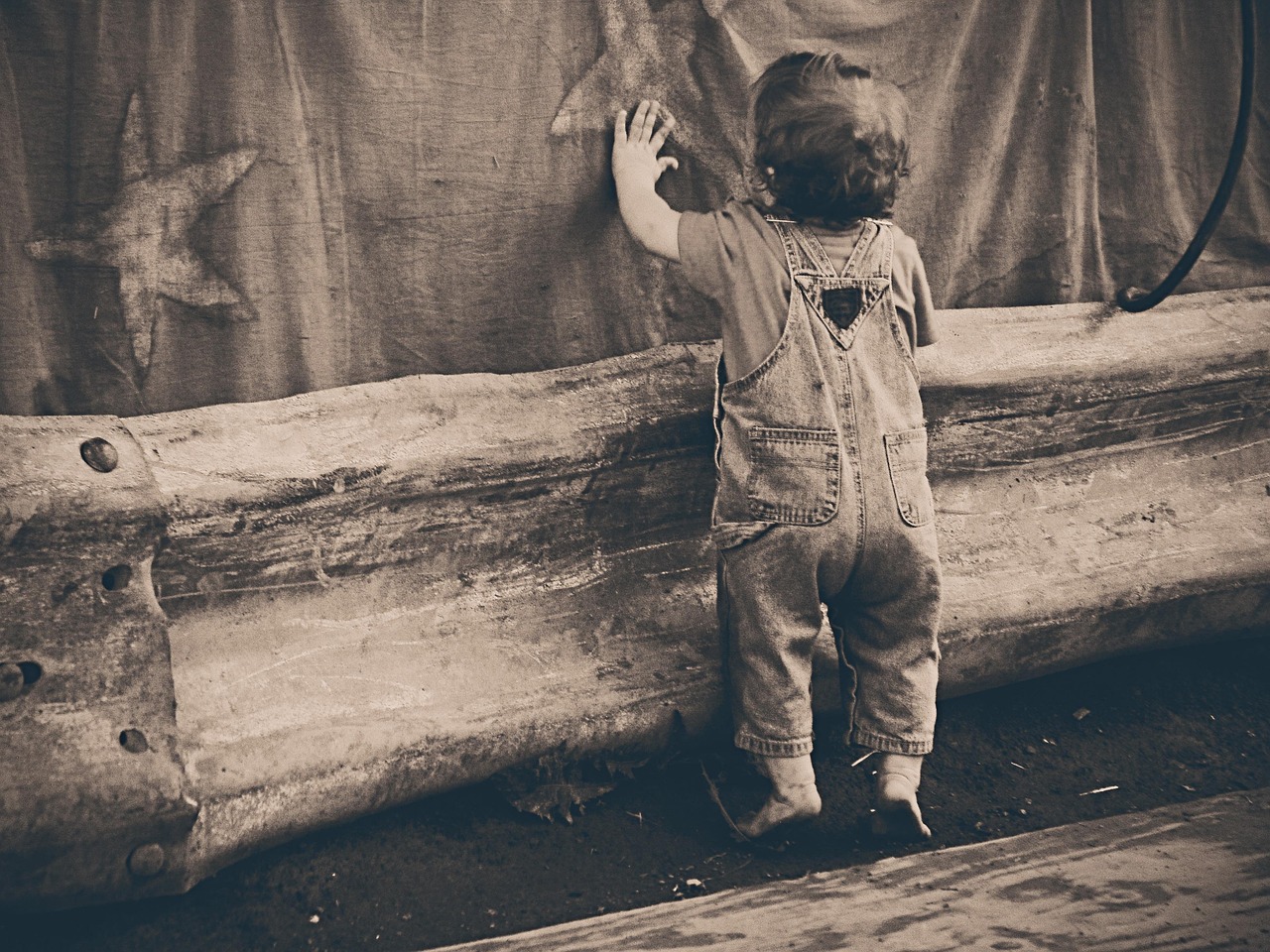
Language development begins long before a child speaks their first words. Babies learn through listening and imitation, absorbing language patterns from their caregivers. Talking, reading, and singing to your child from an early age helps build their vocabulary and communication skills.
Ways to support language development:
- Use full sentences – Instead of saying “wash hands,” try “Let’s go wash your hands.”
- Engage in conversations – Respond to babbling and early words with enthusiasm to encourage communication.
- Describe daily activities – Narrating what you’re doing helps children associate words with actions and objects.
- Read together – Books expose children to new words, ideas, and sentence structures.
Avoid oversimplifying speech or using baby talk, as this can limit language development. Instead, provide rich, varied language experiences to help children build strong communication skills.
Encouraging Creativity & Exploration
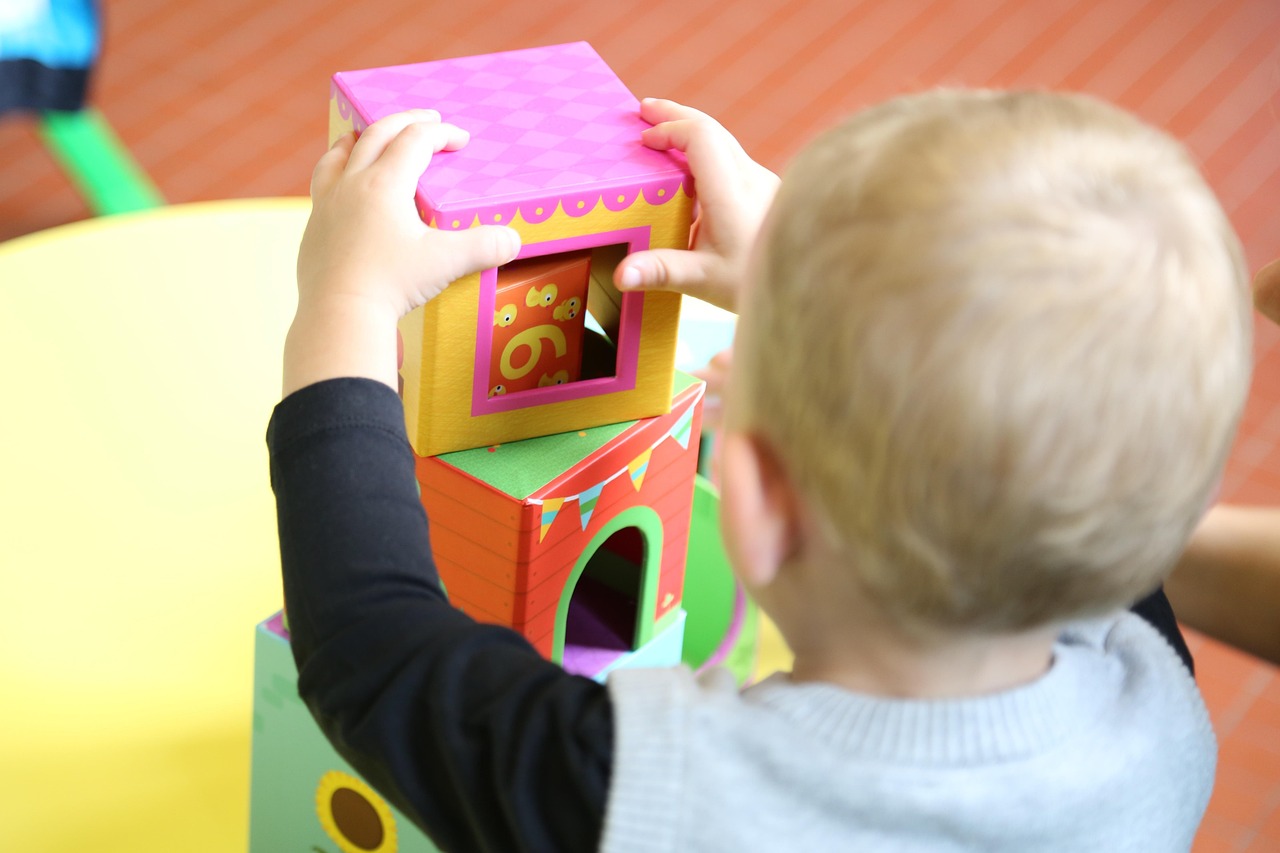
Early childhood is a time of wonder and discovery. Allowing children to experience different textures, sounds, and environments fosters creativity and imagination. Outdoor play, music, storytelling, and art activities help children express themselves and make sense of the world around them.
Children who are exposed to a variety of experiences—feeling the wind, touching sand, or hearing different sounds—develop a richer understanding of their environment. Encouraging hands-on learning through drama, painting, climbing, and sensory play helps children engage with the world in meaningful ways.
The early years are a unique and fleeting time of rapid learning and growth. By providing a nurturing, stimulating environment, parents can help children develop confidence, independence, and a lifelong love of learning. Every experience—whether big or small—plays a vital role in shaping a child’s future.
Enjoy these moments. They pass quickly!



